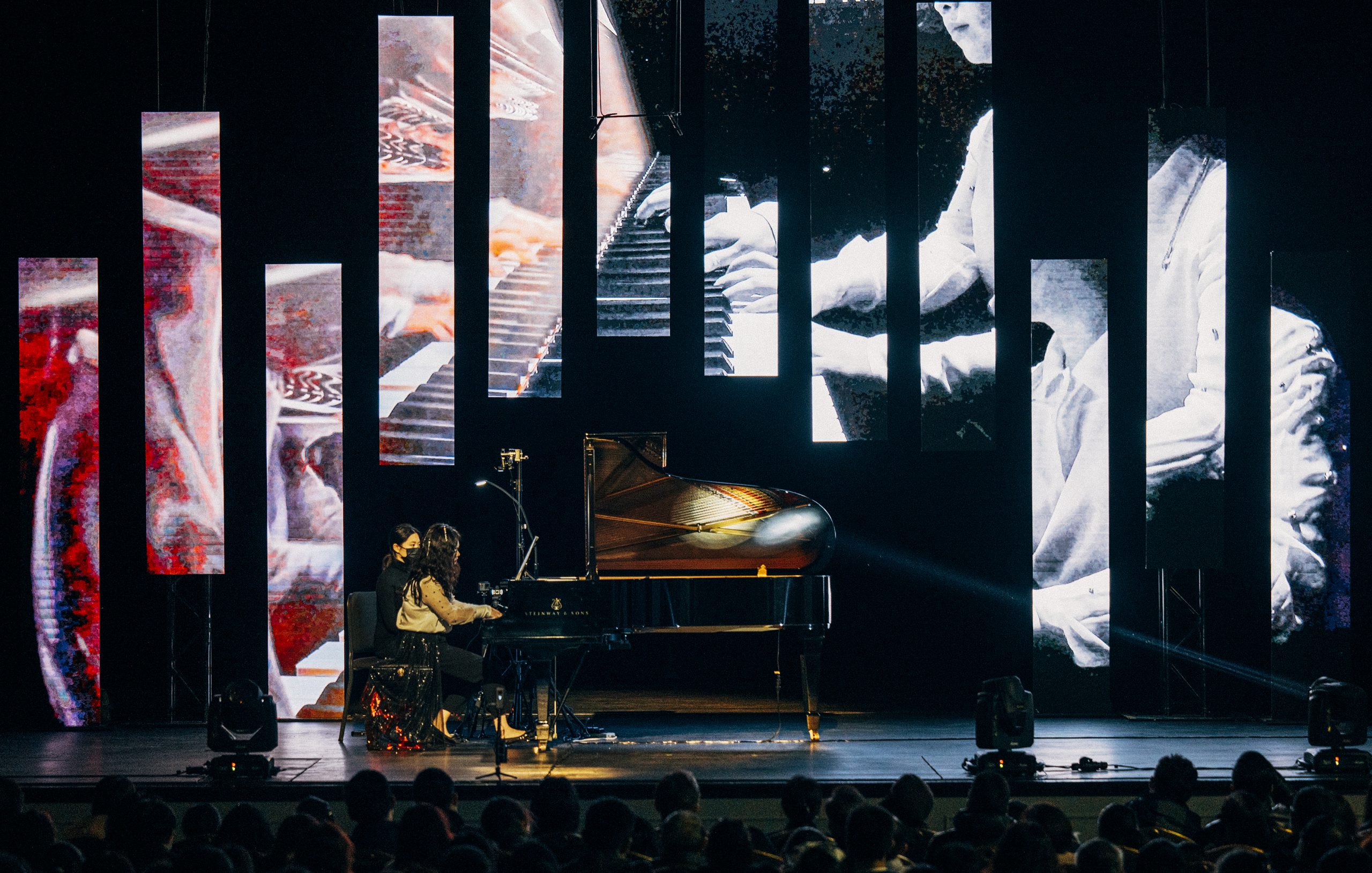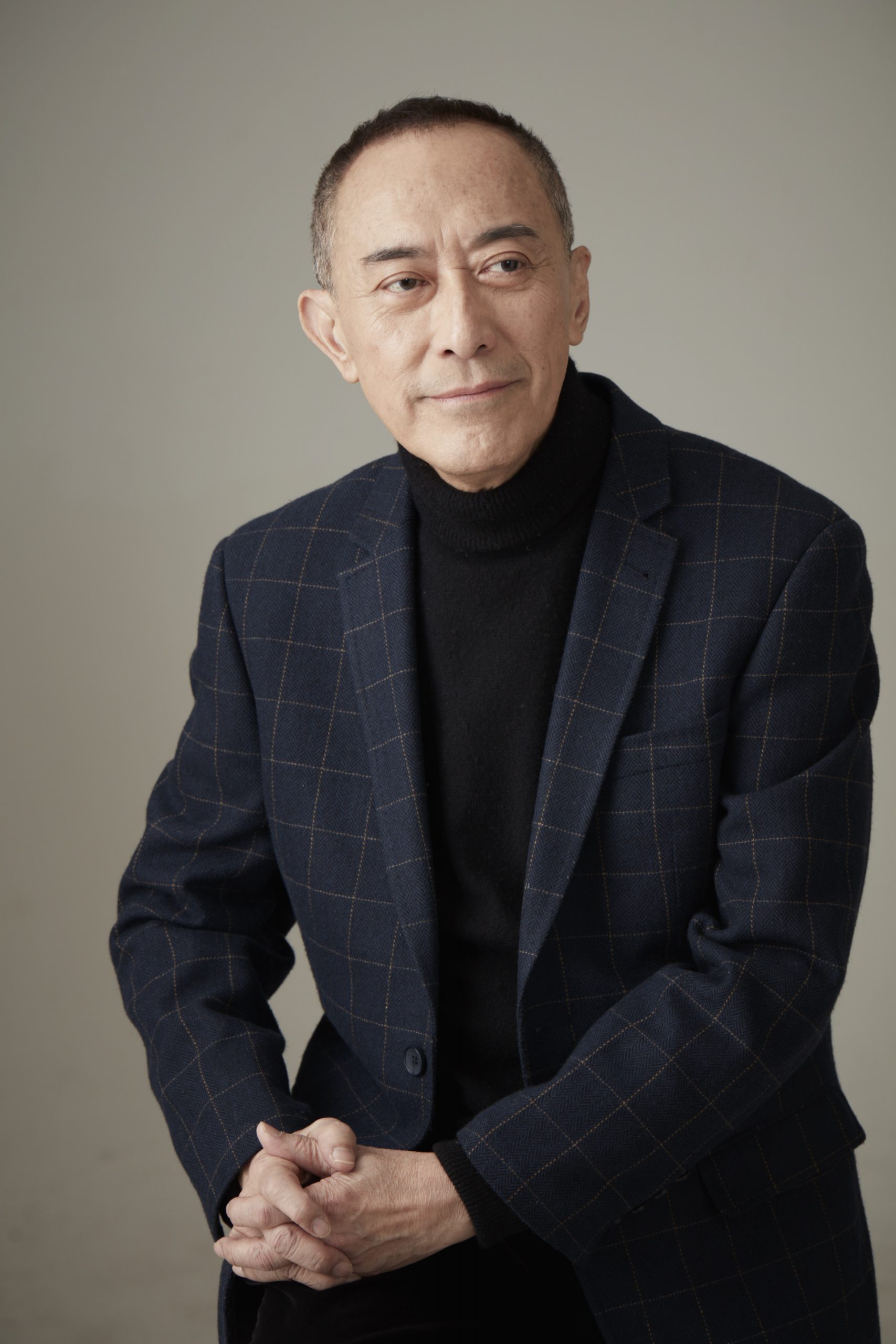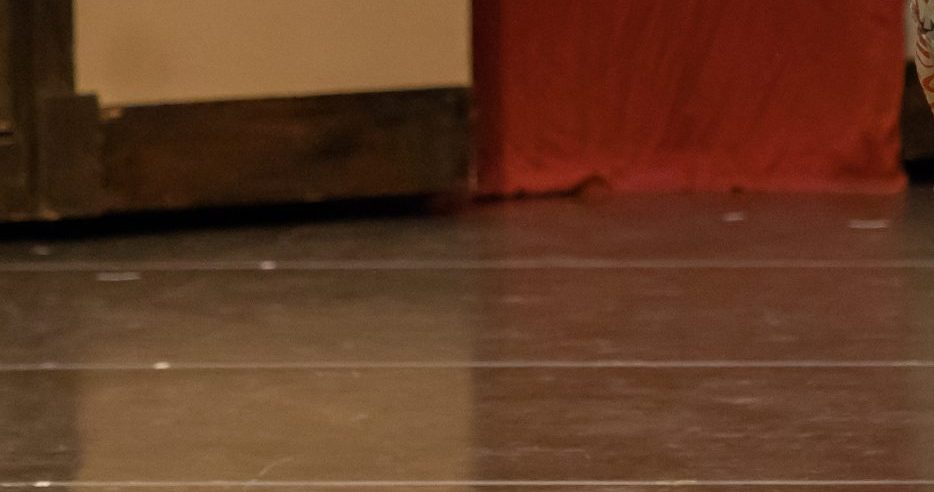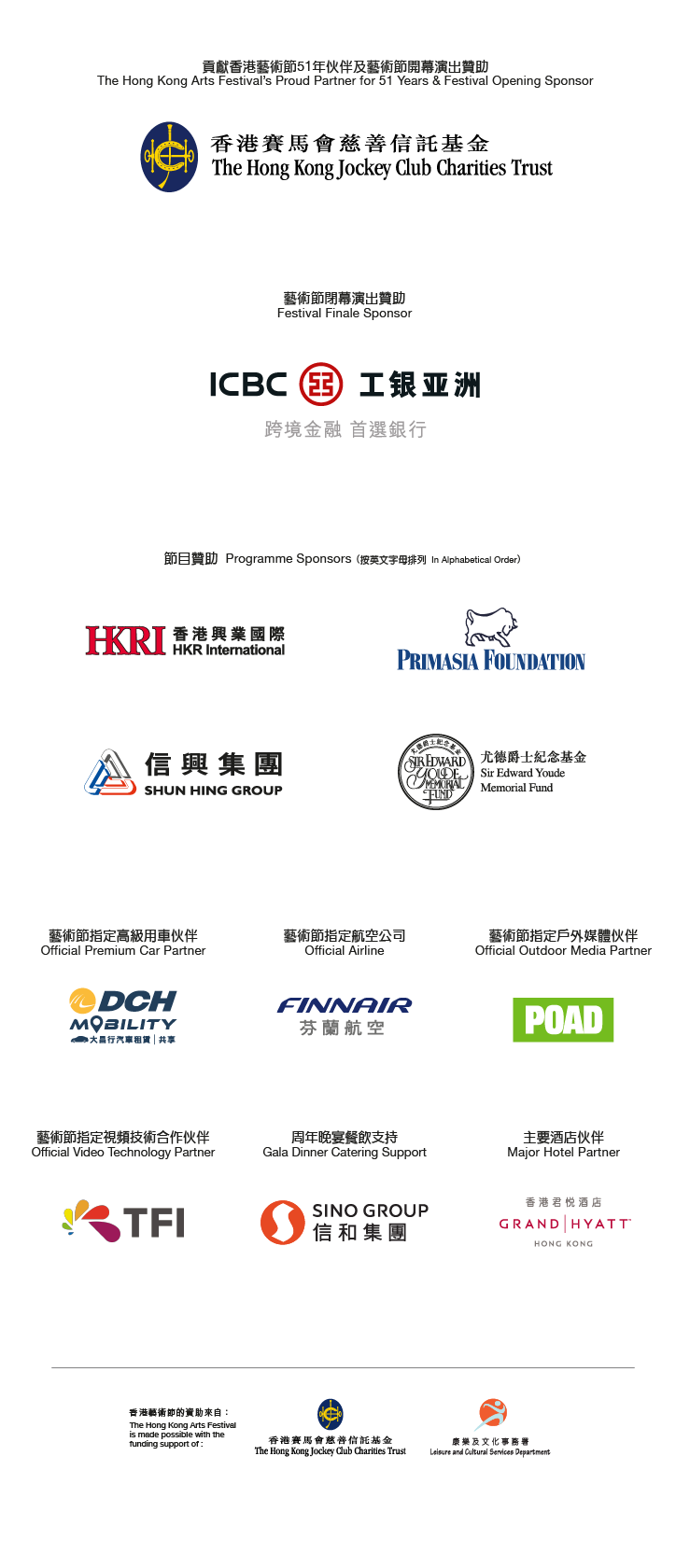It is not easy to create a brand-new musical. One, the creative team is huge; two, the rehearsal period is longer than usual—and production schedules for performing arts programmes in Hong Kong are already tight. Rarely does a show take as much time to create and refine as Yat-sen, which took over three years.
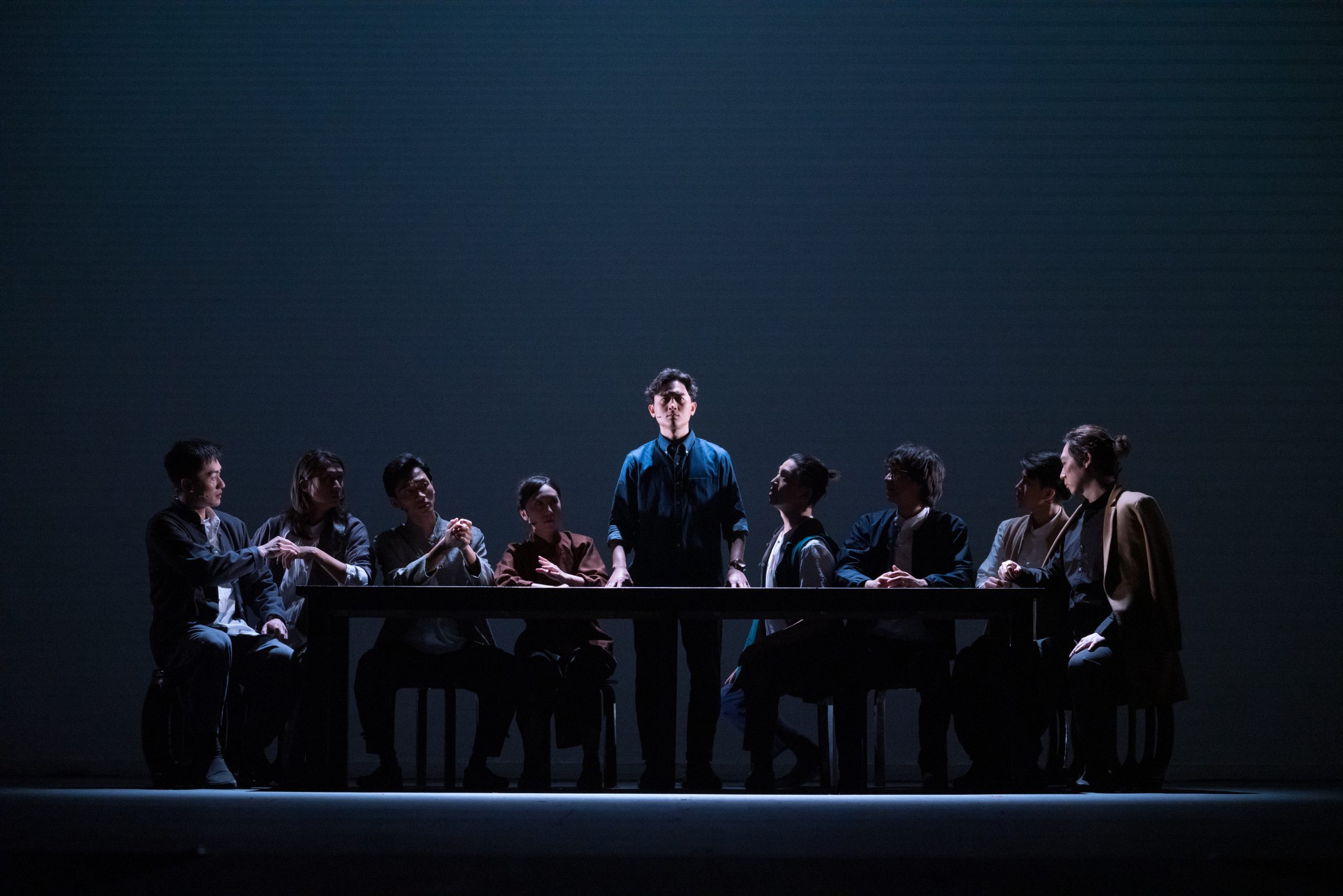
The musical Yat-sen has been in the works since 2019. Composer and music director Peter Kam kicked off the process, followed by lyricist Chris Shum, playwright Sunny Chan and director Tang Wai-kit, who together constitute the core creative team bringing the story of young Sun Yat-sen to the stage. In March 2021, the show was presented as a work in progress, and the creatives incorporated audience feedback into the redrafting process. The full production will be presented at the 50th Hong Kong Arts Festival in 2022. "We were very excited to see the first act, but because it is quite long, we continued to explore ways to tighten it dramatically," says Kam. "Presenting the show in a workshop during its first year was actually ideal for the creative process, because a musical requires slow and careful creative process." After two years of preparation, the creative team was able to revise and refine the script and the music, and the actors had more space to internalise and interpret their roles.
The Difficulty of Historical Musicals
Theatre veteran Tang Wai-kit is the director of the full version of Yat-sen. He is an experienced director of musicals, but this is his first time creating a musical based on a historical figure. "The musical tells the story of the obstacles confronting young Sun Yat-sen as he sought to overthrow the corrupt Qing dynasty, as well as his and his friends' exhaustive attempts to solve the problems thrown up by family and social conflicts. The story also shows how a young man can get back on his feet and make his own way when he encounters setbacks." Tang highlighted the fact that the playwright borrowed plot elements from the quest to obtain Buddhist scriptures in Journey to the West, which creates an interesting analogy to Sun Yat-sen's experience. "The story is not so much about the revolution itself, but about a great politician grappling with his own thoughts to find out what he actually wanted!"
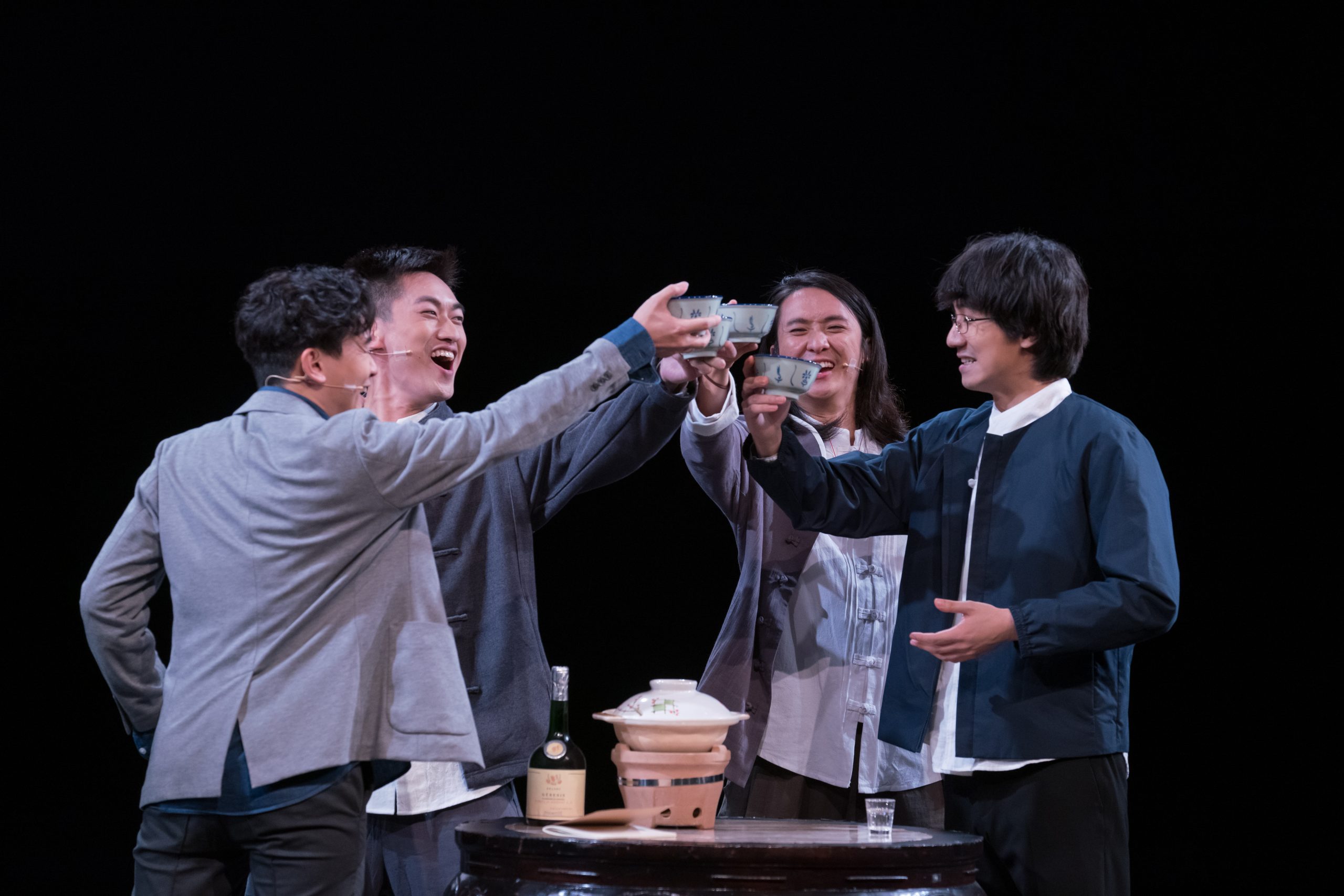
In the first act, the audience experiences Sun Yat-sen's development through the eyes of his good friend Luk Ho-tung. Here Sun is a hero who wants to heal his country, but in the second act, the emotional focus shifts to Sun's life and death experiences in exile, his spiritual struggles and his reflections on the purpose of life. "He feels guilty about the sacrifices of his brothers-in-arms, but despite this moment of doubt, he emerges more determined than ever. The first act starts off from a third- person point of view, while the second act consists of Sun's own reflections. This difference is reflected in the music and performance."
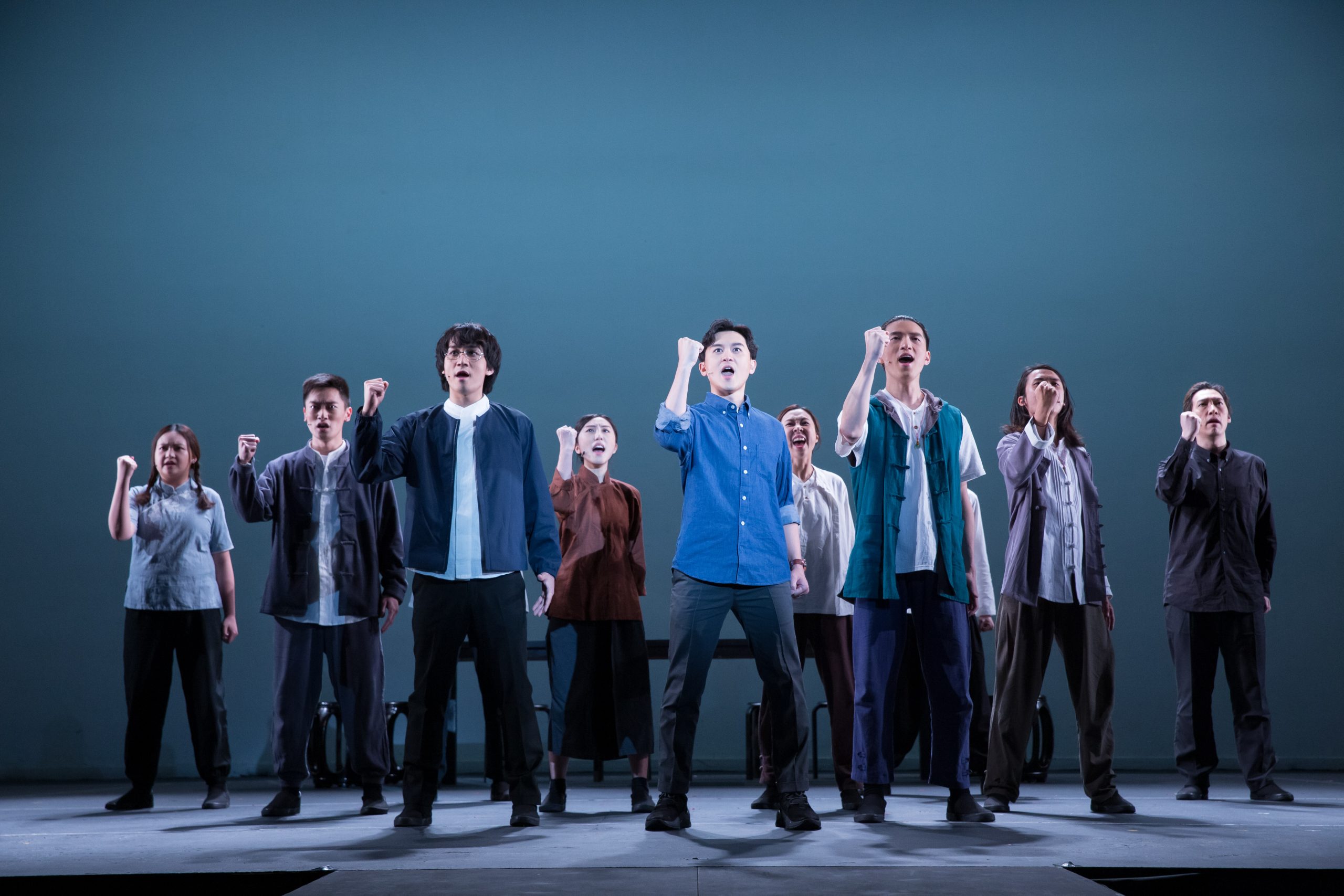
For the creative team and actors, presenting a generation of historical figures through a musical was a bold experiment. "The greatest difficulty in creating a musical about a great historical figure is that there are both official and unofficial histories, which means that the sources are extensive, and the playwright needs to be highly selective. The script follows Sun Yat-sen from his youth to the eve of the revolution, and the costumes, backdrops and stage settings are all very elaborate." The musical is a complex production, with lyrics by Shum and music by Kam, which will be brought to life by the actors. Tang makes unique demands of his actors: "I always emphasise physical expression, which does not mean that actions need to be big, but that actors embody dramatic conflicts through their movements. Actors have to express their emotions with ease and find the appropriate form for the psychological states of the characters. As for how to express emotions through movement, this is where we need choreographers."
Constantly adding and subtracting in the quest for improvement
The collaboration between the creatives has gone from strength to strength throughout the three years of production. "We often discuss the songs in the musical, sometimes switching the order of songs, and I even asked for additional songs," says Kam. Chan adds, "I like this team because they are all dedicated to excellence and are even willing to kill their darlings. I ended up discarding scenes that took me days to write for the sake of the whole. The same thing has happened to the other creatives."
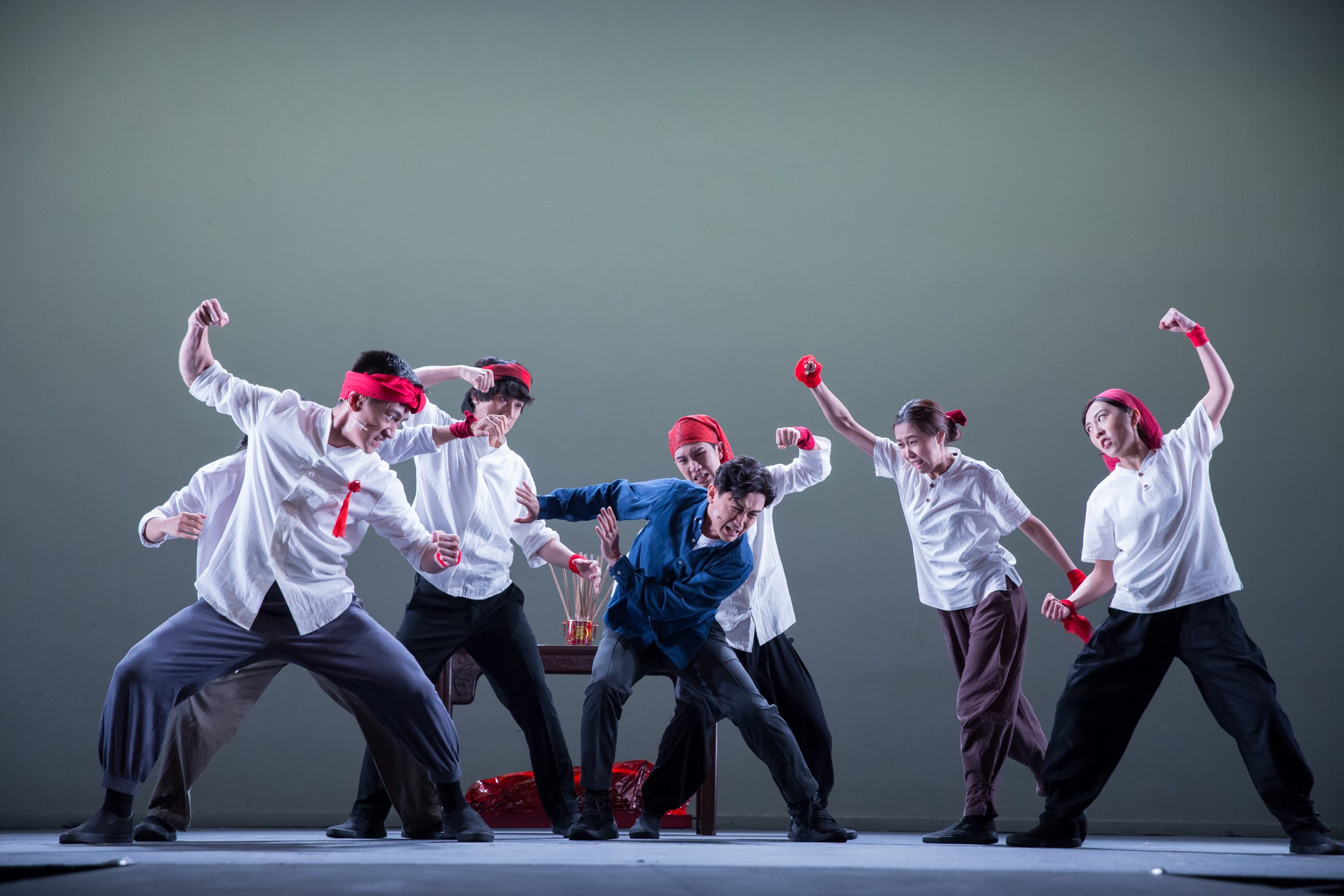
The first act has already been presented in a workshop. What should the audience expect from the full version? "We are experimenting in this production— Acts 1 and 2 are quite different in terms of form, story and characterisation, to the extent that it feels like two different plays," says Chan. "They are like two different national cuisines; like spicy hot pot and Japanese sushi," laughs Kam. Shum explains: "The first act is the main drama, whereas the second act is more postmodern." The collaboration between the creatives has been a happy one, and they fervently hope that the audience will enjoy the full version of Yat-sen. "We are curious to know how people will feel about an all-singing, all-dancing Sun Yat-sen," says director Tang.
Text
Ho Siu-bun
Ho Siu-bun is a journalist and editor.
